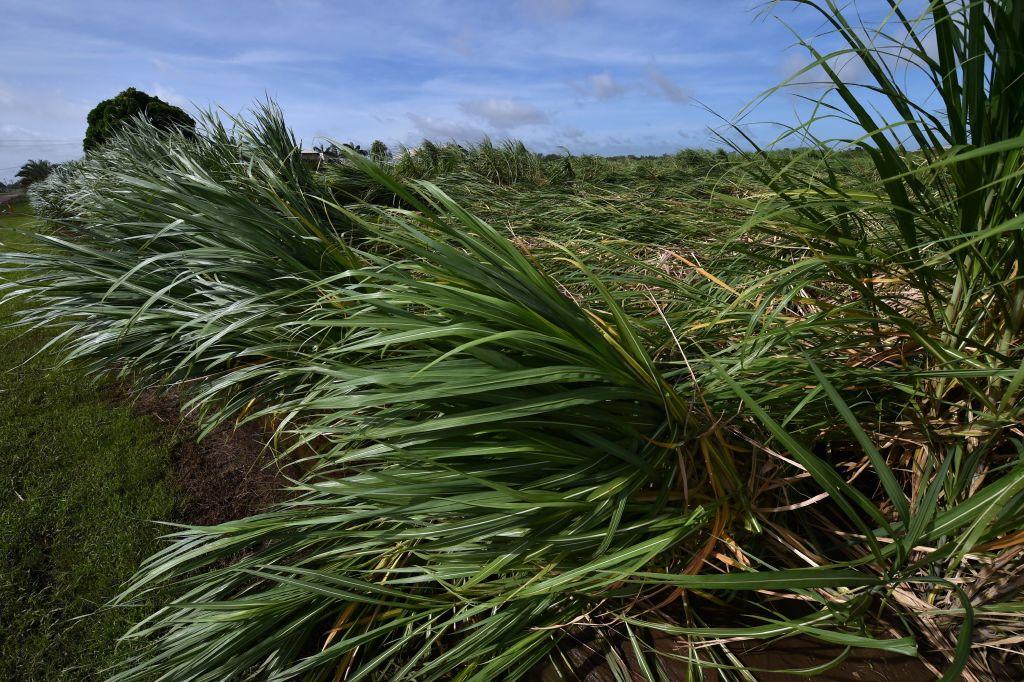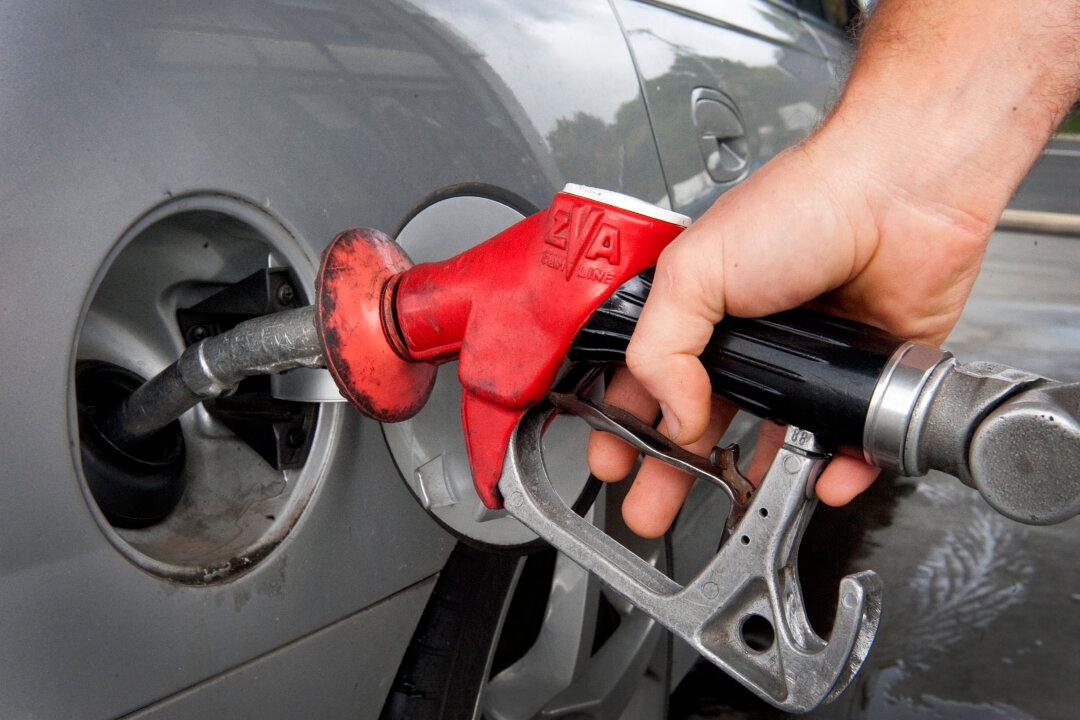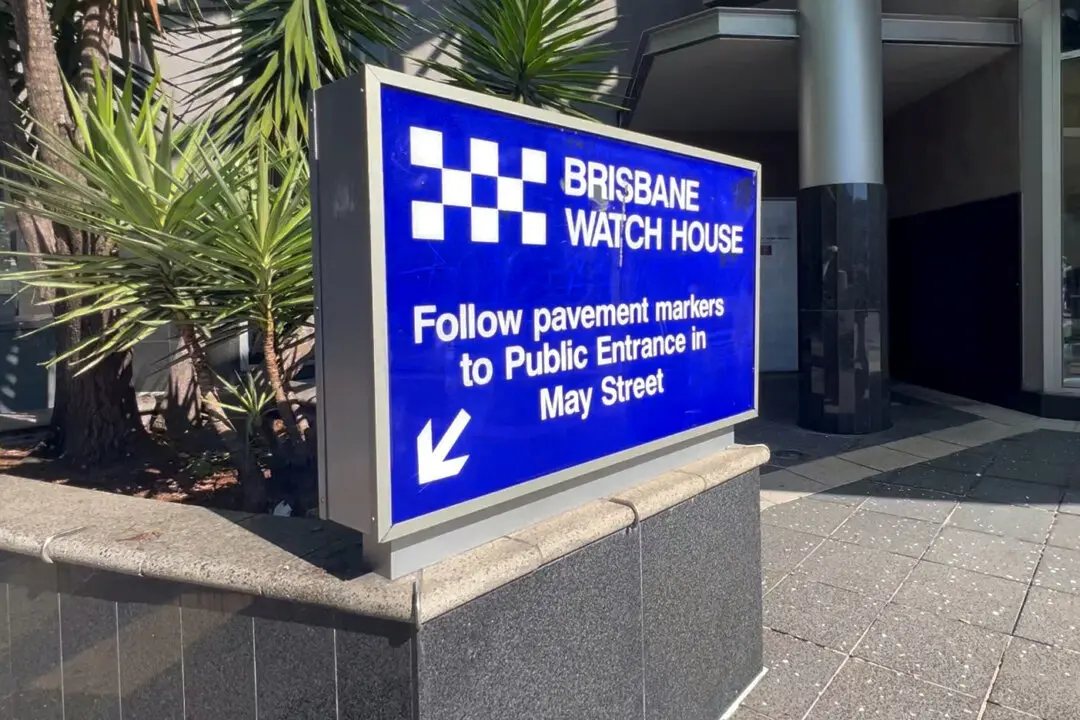BRISBANE, Australia—The lead representative for Queensland’s sugar cane industry has questioned whether the full cost of the net zero transition has been accounted for.
Russell Hall, president of the cane sector with Agforce—the state’s peak agriculture representative body—said the government was overly focused on wind and solar, but did not take into account the advantages of readily available natural resources.






